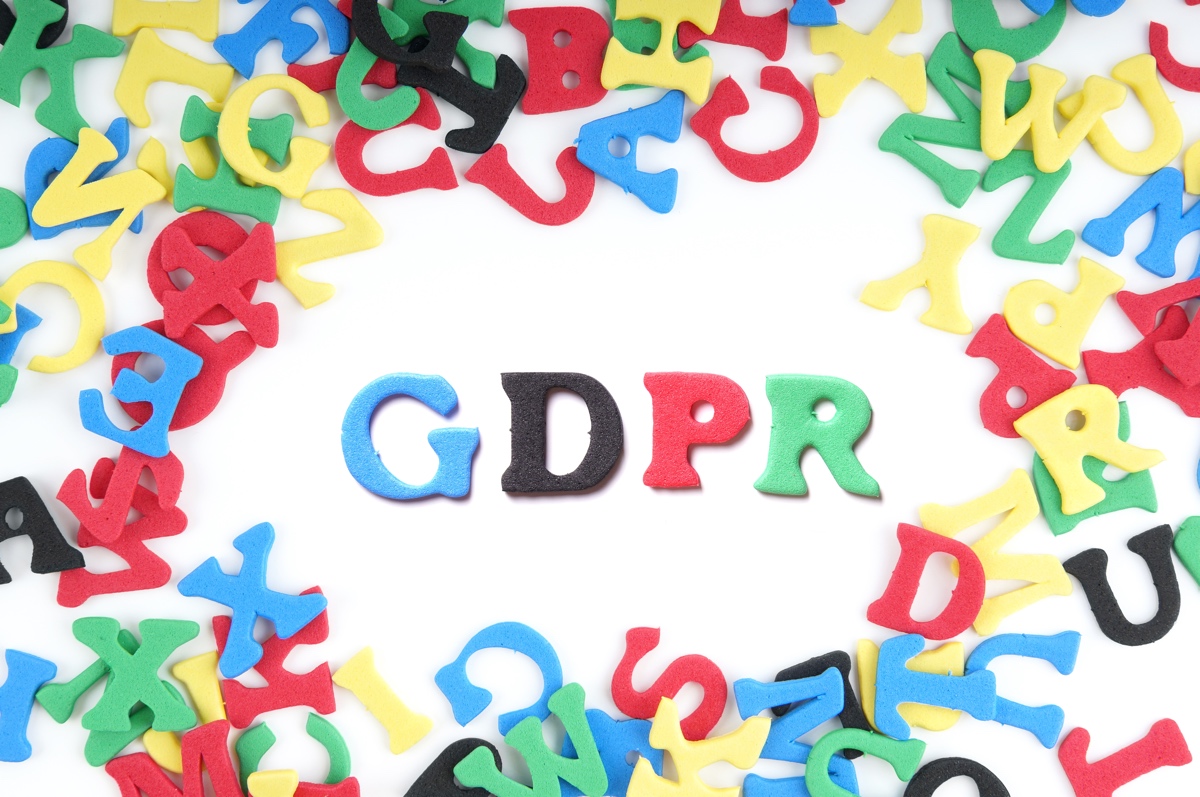The General Data Protection Regulation (GDPR) is a set of regulations implemented by the European Union (EU) to protect the privacy and personal data of EU citizens. Businesses that handle the personal data of EU citizens, regardless of where the business is located, must comply with these regulations or face significant fines. This includes businesses that use a CRM system to manage customer relationships. In this article, we will discuss the importance of data privacy and how businesses can ensure that their CRM system is compliant with regulations such as the GDPR.
First and foremost, it’s important for businesses to understand that data privacy is not just a legal requirement, but also a moral and ethical responsibility. Businesses that handle personal data have a duty to protect that data and ensure it is not misused or mishandled. Failure to do so can result in significant harm to individuals, as well as damage to a business’s reputation.
Under the GDPR, businesses must obtain informed consent from individuals before collecting, processing, or storing their personal data. This means that individuals must be made aware of what data is being collected, how it will be used, and who it will be shared with. Additionally, businesses must provide individuals with the right to access, correct, and delete their personal data at any time.
To ensure compliance with the GDPR, businesses should conduct a comprehensive data protection impact assessment (DPIA) to identify any potential risks to personal data. This includes assessing the types of personal data collected, how it is used, and who it is shared with. Businesses should also implement appropriate technical and organizational measures to protect personal data, such as encryption, secure data storage, and regular data backups.
In addition to these technical measures, businesses should also implement appropriate organizational measures to ensure compliance with the GDPR. This includes appointing a data protection officer (DPO), implementing data protection policies and procedures, and training employees on data protection best practices.
Another important aspect of GDPR compliance is having a clear and concise data breach response plan in place. Businesses must have a process in place to detect, report and investigate a data breach, and must do so within 72 hours of becoming aware of the breach.
When it comes to CRM systems, it’s important to ensure that the system is compliant with the GDPR. This includes assessing the types of personal data collected, how it is used, and who it is shared with. Additionally, businesses should ensure that their CRM system provides individuals with the right to access, correct, and delete their personal data at any time.
In conclusion, data privacy is an important legal, moral, and ethical responsibility for businesses. The GDPR requires businesses that handle the personal data of EU citizens to obtain informed consent, provide individuals with the right to access, correct, and delete their personal data, and implement appropriate technical and organizational measures to protect personal data. Businesses should ensure that their CRM system is compliant with the GDPR and have a clear and concise data breach response plan in place. With these steps, businesses can ensure they are complying with data privacy regulations and protecting the personal data of their customers.
